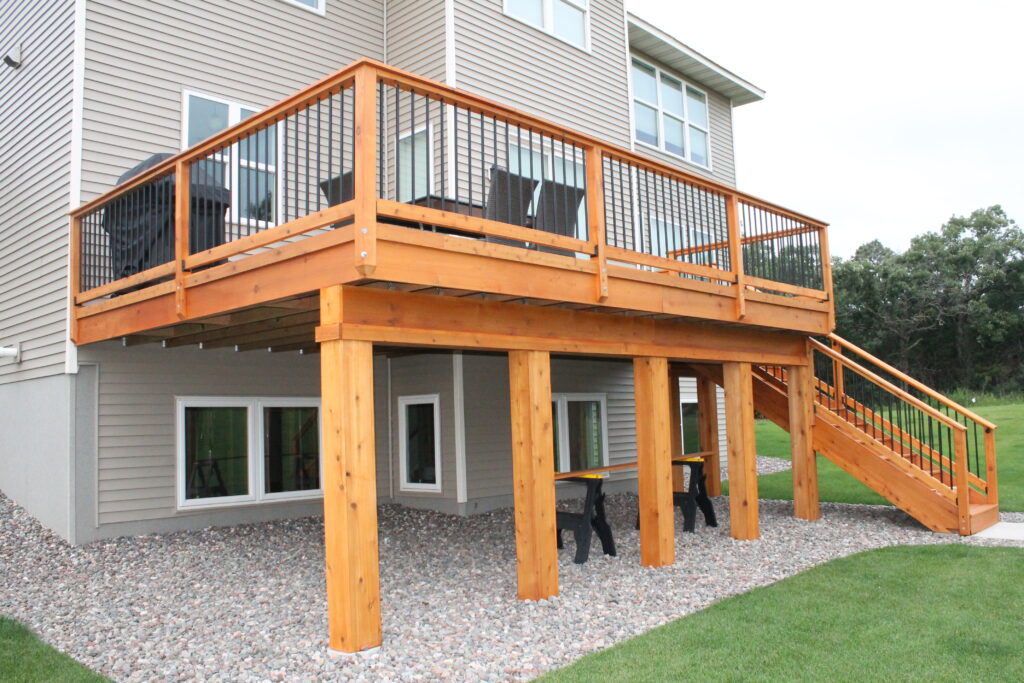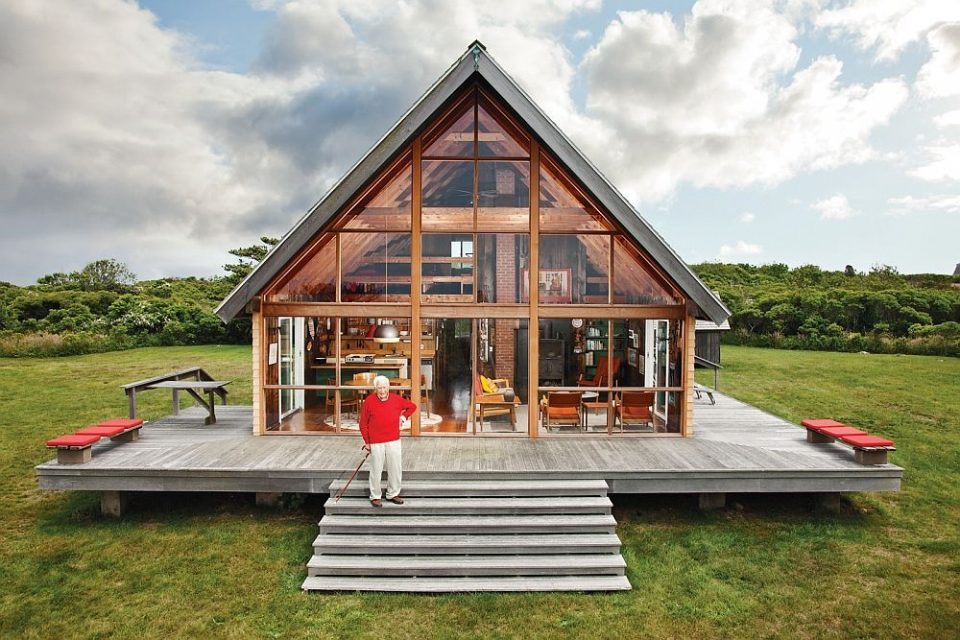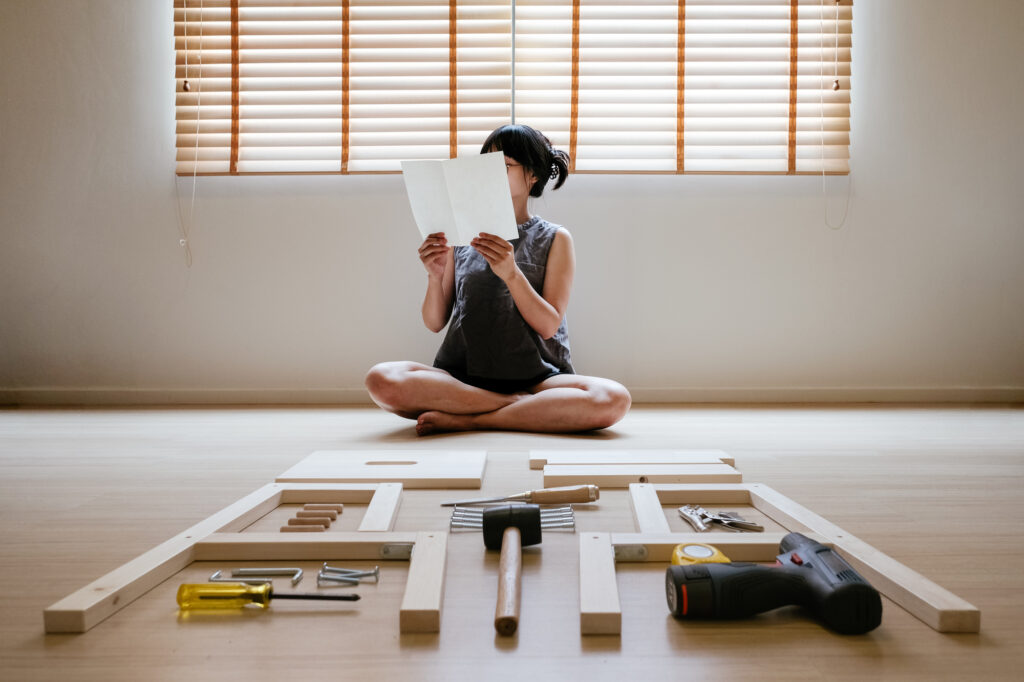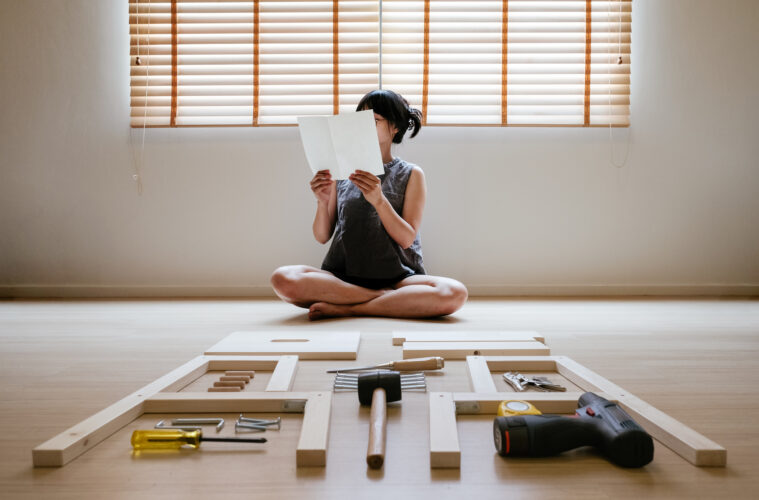Do you plan on building a home? First, congratulations on the project: it’s a dream come true for most people.
In order to execute this project, you’ll need to consider two main steps: designing the layout and building it. When it comes to taking on this task, you have a choice: hire a contractor or undertake the project as a do-it-yourself (DIY). Both options are viable, but it’s important to determine which one suits you best.
This article will help you understand the pros and cons of DIY home design and build, providing valuable insights to make a well-informed decision.
The Pros Of Home Design And Build
Here’s what you stand to gain with the DIY approach:
It Saves You Money

source: pinterest.com
When executing a home-building project, affordability is the key. However, most homeowners fail to achieve this and end up spending a lot of money, with others going beyond the budget. One of the contributing factors to high project costs is the contractor and consultation fee.
The contractor fee is often high, especially if you pay them per hour and if there are many changes that alter the scope of work. On the other hand, most design consultant fees are often high due to their expertise.
Independently designing your dream home saves you money. You won’t need to pay design consultants or contractors to execute your project.
However, it’s important to note that it can go sideways and cost you a lot of money in the future. This is likely if you have no idea how to execute the project and you’re doing it through trial and error.
DIY home design and build will only save you money if you have the right skills for the project.
It Offers A Learning Opportunity
Always leaving your building projects to other parties eliminates the opportunity to learn and develop skills. It’s always advisable to learn new skills every day as part of growth.
Executing your home design and building projects independently allows you to learn new skills. There are many places to learn these; you can use YouTube or get online reading material.
With constant practice, you can become an expert in such projects. It might even warrant a career change, especially if you love the process. Just be sure to get the necessary training and a license before offering your newly learned services to clients. It’s best to stay on the right side of the law.
It Gives A Sense Of Pride

source: pinterest.com
It’s said that there’s always a sense of accomplishment after successfully executing a project from scratch. DIY home design and building allow you to get this sense of accomplishment. You’ll feel better waking up each morning to something you built.
Additionally, the sense of pride that comes from building your own home can encourage you to maintain and care for it more attentively.
The Cons Of Home Design And Build
Below are the disadvantages of DIYing your project:
It Takes Time
Executing a DIY project isn’t as easy as it might seem. Successfully designing and building your home takes time. You’ll need to watch hours of tutorials to understand what you must do in each construction phase.
Also, remember you aren’t an expert. Therefore, there’s a likelihood of many reworks due to errors. Overall, you’ll consume a lot of time executing the project, negatively affecting other aspects like costs.
It Negatively Affects Your Warranty

source: pinterest.com
Warranties aim to back up quality work and products. Most, if not all, manufacturers will give warranties for their building materials. They’ll compensate you if the building material fails to offer the promised quality.
However, there’s a twist to getting warranties. A qualified contractor must install the product. It ensures the lack of quality isn’t caused by poor workmanship.
As a DIYer without professional qualifications, you’re less likely to enjoy the benefits of warranties.
It Is Challenging To Source Materials
A home design and building project requires several building materials; it all depends on your scope of work.
Independently sourcing these materials can prove challenging. How will you find a reliable vendor who sells quality products? There’s a high likelihood of getting into the first store and buying everything you want without due diligence. You’ll likely buy substandard products that affect your home’s structural integrity and longevity.
Also, there’s a high probability you’ll buy the building materials at the market price. It can be expensive, especially if you require many materials.
In contrast, working with a contractor who knows the ins and outs of building material sourcing and knows where to get legitimate products is beneficial. They’ve also established working relationships with suppliers. They’re likely to get discounts on building materials, reducing project costs significantly.
Conclusion

source: pinterest.com
DIY is one of the ways you can execute your home design and building project. To make an informed decision on the building approach to adopt, you must weigh the pros and cons of DIY and hiring professionals. Designing your dream home independently can save you money, provide a learning opportunity, and give you a sense of pride. However, it may also take a lot of time, negatively affect your warranty, and make sourcing materials challenging.
To make the best choice for your specific situation, carefully consider these pros and cons, as well as the pros and cons of hiring a contractor. Ultimately, the decision will depend on your budget, skills, and personal preferences.



